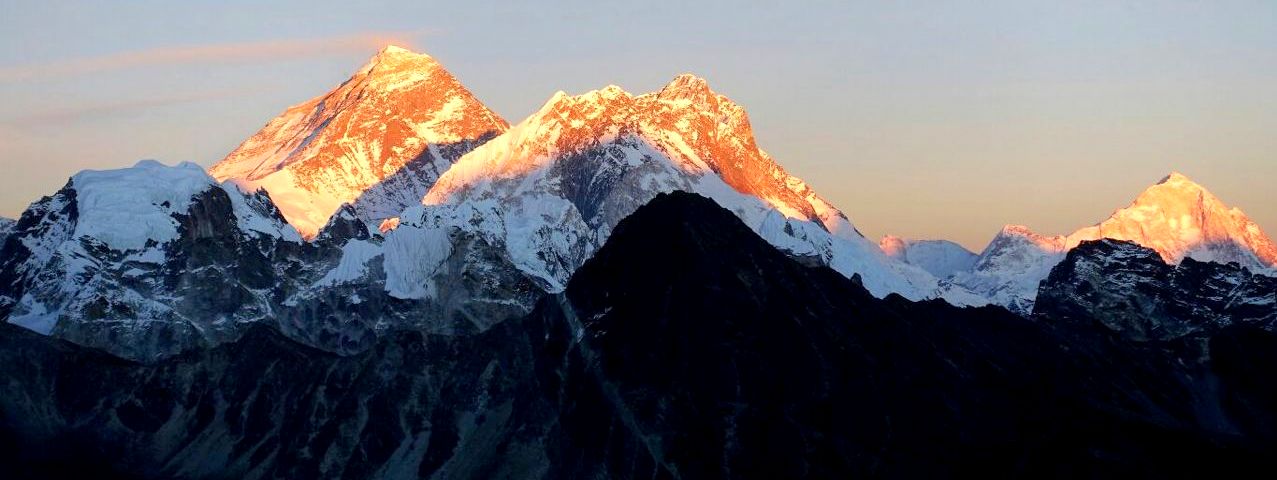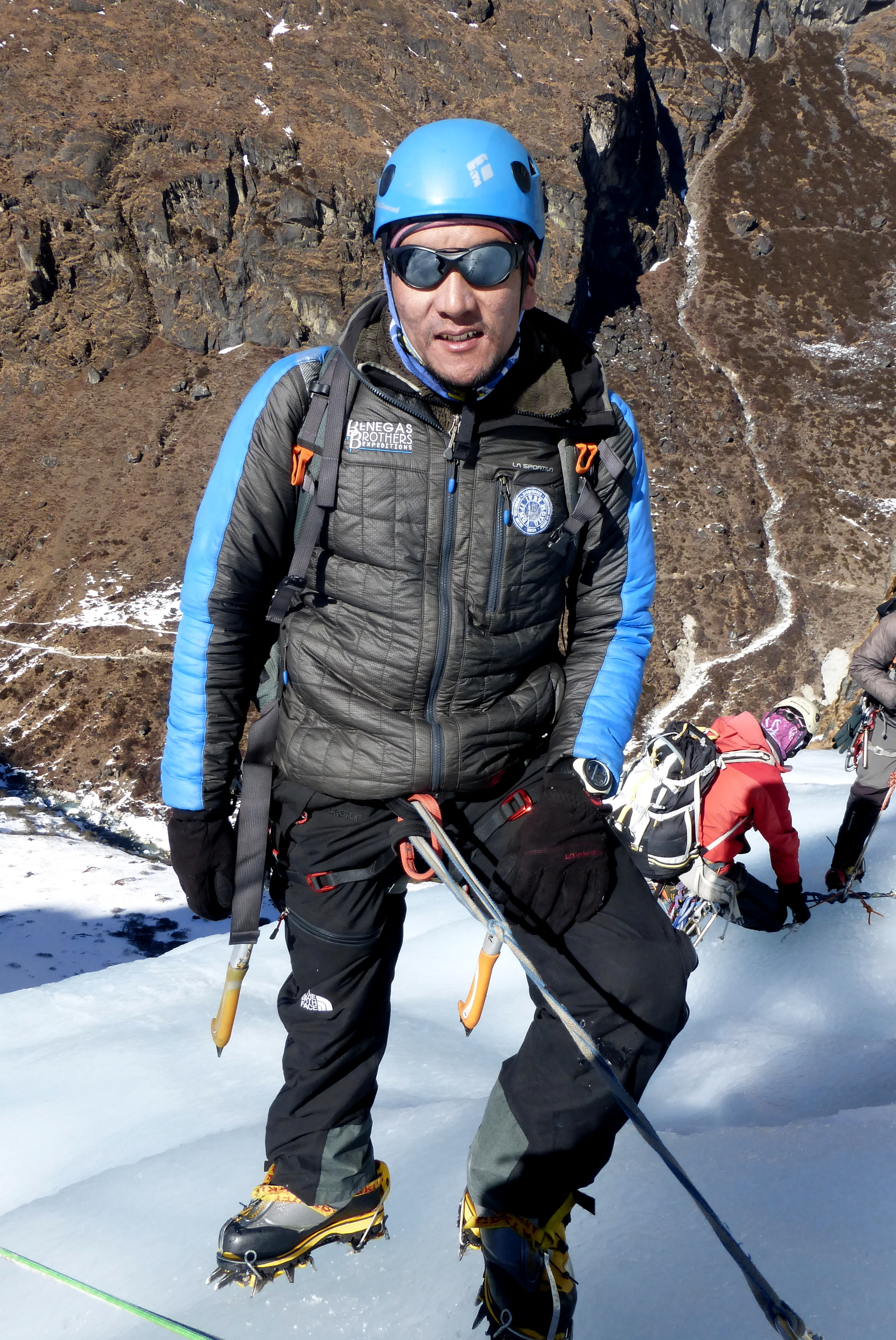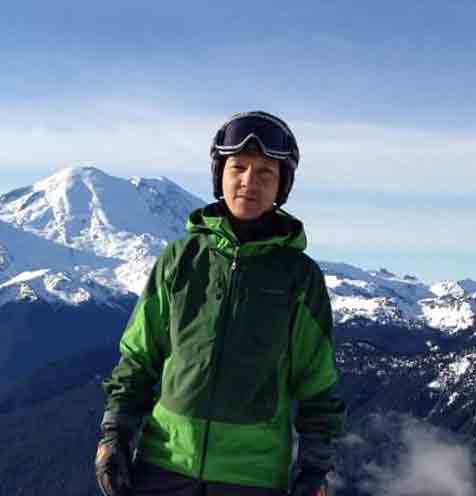
Posted On: February 17, 2020
How to Avoid Altitude Sickness in Everest Base Camp Trek
‘Prevention is Better than Cure’
Stepping the base of the tallest peak of the world is the dream for many excursionists elsewhere. There is the crowd of the trekkers marching towards the base camp each year. Exploring the Himalayan lifestyle, capture the close- up views of the Himalayas including Everest, marching via alpine lustrous forests are some of the core attractions of this trek.
Although this trek offers a plethora of adventurous activities, you should be cautious regarding the Altitude Sickness throughout the journey. It is one of the core threats that many trekkers suffer from it. As you ascend in the higher elevation (especially above 3,000), you can have some symptoms such as nausea, giddy, dizzy, headache and others, this condition is referred to as Altitude Sickness.
What is Altitude Sickness/Acute Mountain Sickness?
Altitude sickness is a disorder caused by being at high altitude, where oxygen levels are low, without gradually getting used to the increase in altitude. It is an unreasonable condition at high elevation on the human body. Several names are given to it as acute mountain sickness (AMS), altitude illness, hypobaropathy, Acosta disease, Puna, and soroche.
Some of the major reasons that people suffer from this condition are ignorance, lack of acclimatization, overestimating their own ability, lack of proper professional guidance and so on. It can affect anyone regardless of their age, sex, medical and physical conditions.
Symptoms of Altitude Sickness
Immunity capacity of each human being can be different. Those excursionists having the well physical condition and do plenty of physical exercises, get less chance of such condition than that of the people who have health problems.
Many trekkers get such symptoms during or after a sleep-in night in the elevated lands. Some of the core symptoms are:
- Headache
- Dizziness/giddiness
- Nausea
- Diarrhea
- Loss of appetite
- Insomnia
- Shortness of breath.
If such symptoms are not treated in time, trekkers may get fatal conditions even may lose their life as well.
How can we be Prevented from such Conditions in Everest Base Camp Trek?
Some tips are mentioned below to avoid Altitude Mountain Sickness
As trekking is not a race, you should have proper acclimatization days throughout the journey. In this trek, you should at least have two acclimatization days. Most of the trekkers acclimatize in Namche Bazaar and Dingboche in this trek. In these acclimatization days, we hike to the higher elevation and get back to a lower place which helps us to be adjusted in the atmosphere therearound.
As we hike in the higher elevation reaching Kala Patthar (5,500m), we need to be adjusted in the thinner oxygenated lands. So, ascending gradually helps trekkers be adjusted there. As trekking is not a race, trekkers should walk at their own pace. A hurried walk may lead you worse circumstances in case of Altitude Sickness.
Drink plenty of water. It is the best remedy. Throughout the journey hydrate your body well. Drink warm water in the trek. It is suggested to drink 500 ml of water every half an hour of trekking. It becomes the perfect way to avoid Acute Mountain Sickness.
- Climb High at Day and Sleep at Low Altitude
Most of the altitude sickness symptoms appear during or after your sleep. So, in the higher elevation, your heart should extra pumping and the situation can change as Altitude sickness problem. You can control this circumstance climbing up to higher elevation at daytime and descend to the lower elevation for sleep. It is advised no to ascend more than 500m each day as
- Stay away from Cigarettes Tobacco and Alcohol
Walking 5-7 hours a day in the elevated land requires sound physical fitness. Drinking alcohol, smoking cigarettes and tobacco may decrease the level of water in your body. It also makes your heart lackluster and slow which ultimately leads to being suffered from Acute Mountain Sickness.
- Be Physically and Mentally Prepared
There is saying ‘Everything is possible, even the word impossible also has I’m Possible’. So sometimes psychological factors play a vital role in the success of the trek. If you are mentally strong, you can achieve this trek successfully. Avoid negative thinking and enjoy the breathtaking views therearound.
Next, Acute Mountain Sickness can catch easily people having weak and medical conditions. Sometimes, bad weather and steep climb can add challenges in the journey. Therefore, it is highly suggested to have some physical training before the journey. Exercises including running, walking in the different terrains, going to the gym, cycling help train your body.


 Posted On: February 17, 2020
Posted On: February 17, 2020